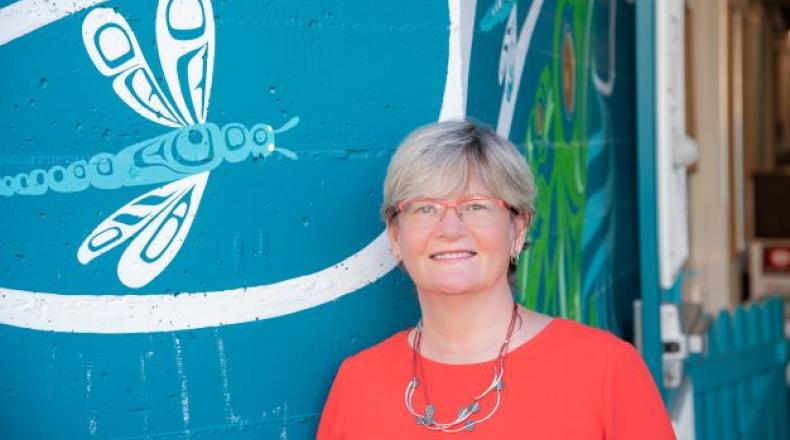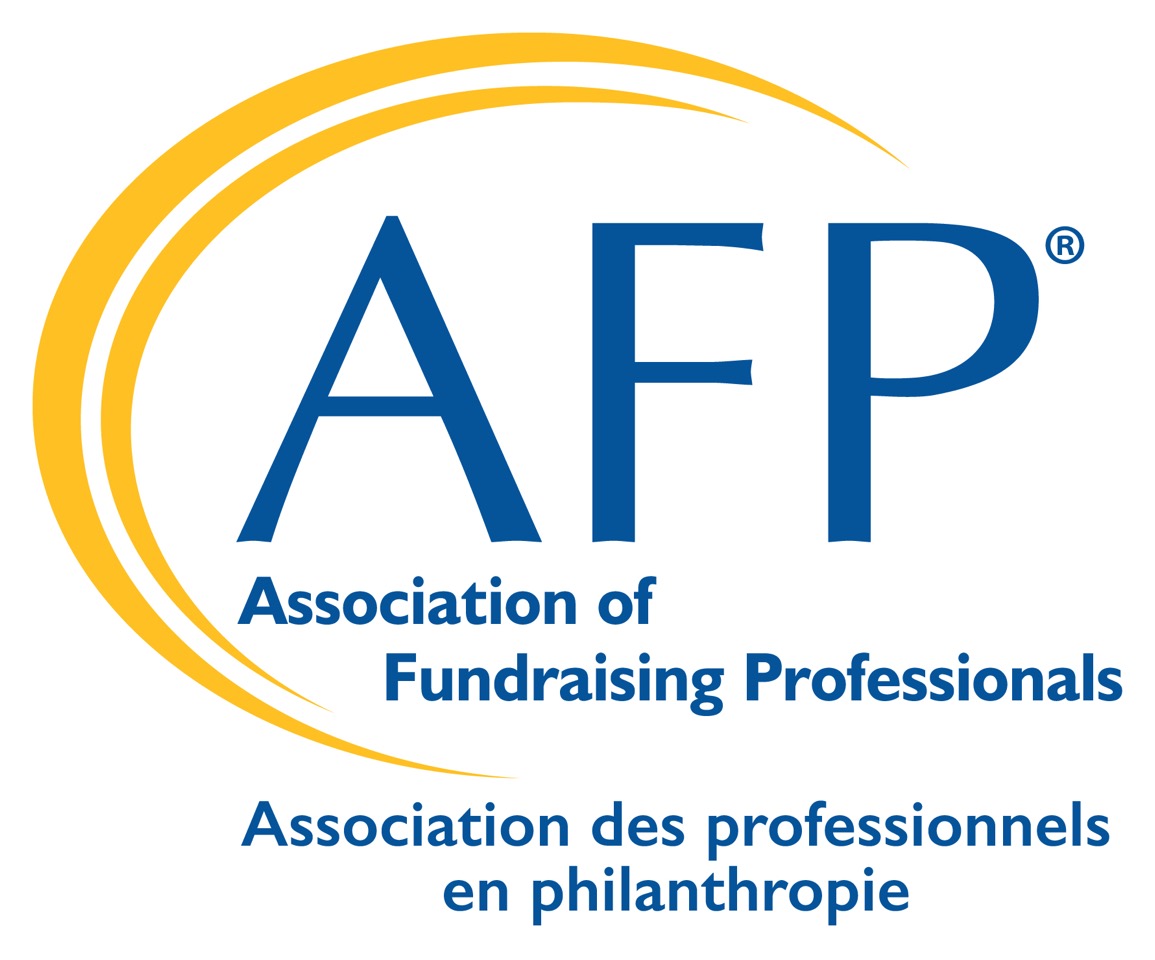Jennifer Johnstone Grateful and Excited To Be Chairing AFP Canada

Jennifer Johnstone became the chair of the AFP Canada board of directors at the start of this year. The president and CEO of Central City Foundation since 2006, Jennifer’s 35-year career has focused on nonprofit leadership and community resource development. She began as the founding program coordinator with the Whistler Centre for Business and the Arts and since then has held key leadership positions with a variety of organizations. She is a past president of the AFP Greater Vancouver chapter and currently serves as a director for Yaletown House Foundation, A Better Life Foundation and Battered Women’s Support Services. We caught up with her over the holidays to get her thoughts as she begins her two-year tenure as chair of AFP Canada.
Being the head of a national organization is a major achievement in anyone’s books. What kind of accomplishment did that feel like for you personally? Was there anything that you felt you had to overcome to be able to put yourself in the running for a job like this?
I am humbled by the opportunity to serve our members and our philanthropic sector in this role for the next two years. In truth, it feels not a little daunting to be taking on a national role right now. I think for all of us in these challenging times, it is about finding or, perhaps more truly, making the time to support each other and to work collaboratively. In my experience, when we do the work together it is always better, but it is not always easy to find that time.
What are your goals when you set out at the beginning of your term?
I want to build on the great work that AFP Canada has done for the past five years, deepening the impact of our actions to embed IDEA (Inclusion, Diversity, Equity and Access) and decolonizing our work, our profession and our sector. The clear focus on achievable and valuable goals that will serve our members across this country remains a priority in both our communications and government relations work. I hope to further the work building an inclusive board of directors where all our members share not only a sense of belonging but are deeply engaged in changing the way that we work together.
Did the wealth inequity and racial injustice, as well as the process of Truth and Reconciliation change, or will change, the way fundraisers look at their jobs? Did it change the way you looked at your job?
Absolutely, as a social justice activist, I have always been engaged in the work of anti-oppression and I am inspired by the depth and breadth of this wave of change as it affects our members, their organizations and communities. There are many folks, including myself, who are interrogating our practices as fundraisers as well as the goals and impact of our organizations. At the same time, I have witnessed the reversal of previous gains in justice and equity more than once in my lifetime and so feel strongly that we must stand steadfast in solidarity and be vocal in our support for our equity-deserving colleagues.
What’s your experience of the difference about being the chair of a board as opposed to being “just” a board member?
Being chair brings with it an even sharper focus on the work of relationship building at the board, and through our collective efforts, with our members and our communities.
One word or one sentence answers to the following:
What do you think is the biggest issue facing fundraisers today?
Understanding the complex impacts of the deep and lingering social and economic disruption of the pandemic.
What is one lesson learned in life that you can apply to this role?
To strive to always listen with curiosity, avoiding assumptions or a rush to judgment.
What is one challenge you anticipate in your new role as chair of AFP Canada?
Striving to understand and serve the diversity of members from coast to coast to coast.
What are you most looking forward to?
Deepening relationships with amazing colleagues on our board and among our membership.
What books are you reading now?
Rez Dog Blues & The Haiku, a novel by William George Lindsay, True Reconciliation by Jody Wilson-Raybould and Post Capitalist Philanthropy: Healing wealth in the time of collapse by Alnoor Ladha and Lynn Murphy.
Is there anything you’d like to say to the members of AFP as you begin your role as chair of AFP Canada?
Thank you. I’m grateful for this opportunity to support you and the incredible work your organizations are doing in communities across these lands known as Canada.


